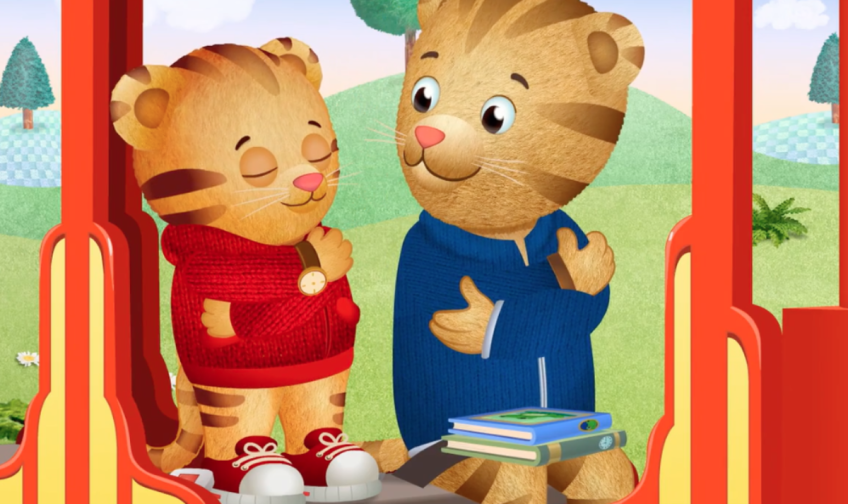Make Your Kids’ Mental Health a Summer Priority

For most of us, summer has arrived or is quickly approaching. June marks the end of the school year, and what a crazy, stressful school year it has been! In general, 2020 has been the most challenging year for all our kids so far. Emotions are running high as we navigate the pandemic, distance learning, social distancing, protests and the general political climate. And our children are sensitive to the tension and big changes to normal routines.
So before you start trying to figure out how to keep your kids busy learning and how to avoid the summer slide, just stop. Breathe and give your kids a break. Their mental health — and yours — is more important than anything else.
Acknowledge & Reassure
Your kids need to talk about what is bothering them. They need reassurance that they are going to be fine. That your family is okay.
You can give reassurance in a few different ways.
Physically: Body contact is so important to children. It fosters feelings of security. Give your child frequent hugs and snuggle time on the couch reading a book or watching a movie.
Verbally: Talk openly about their worries. Explain how important it is to talk about scary things. Sometimes when we talk about them, we realize that they aren’t as scary as we thought. And talking relieves the burden of keeping thoughts and emotions inside.
A lot of times, kids need to be told or shown how to manage their emotions. Acknowledge their fears and then tell them it's okay to let them go. Or redirect their fear into positive action.
- “You’re right. That is scary! But we are here for you — to protect you — so it’s okay to let it go and not worry about it.”
- “I can see why you are afraid. But that is not something that we can control, so instead of worrying about that, we are going to focus on ways we can be safe and still help others.”
Environmentally: Make your home comforting. Stick to routines to help kids feel stable and secure. Provide safe spaces within your home where children can curl up and read or snuggle. Make their bedtime routines comforting with warm — or cool — baths and special blankets. Weighted blankets are a great tool for relieving anxiety.
Relax & Breathe
Your kids need to decompress from a lot of changes. And you do, too! Intentionally make time to play together. Bake, play games, watch movies, make some arts and crafts, go for a hike, play video games. Don’t obsess right now about screen time. Give your family two weeks to unwind, relax and just vegetate. Let the kids stay up late and sleep in.
And focus on your breathing. The way we breathe can make a big difference. Teach your kids to take slow deep breaths through their nose which signals the body to switch to a relaxed state.
PBS has some great sources for teaching young children how to breathe and relax. You can also practice kid-friendly yoga.
Focus on the Positive and Be Thankful
Did you know that being thankful on a daily basis actually changes your brain for the better? Lots of studies are showing how being thankful and expressing it has long-lasting effects, making you happier and perceptive to acts of kindness by others. Start simple by telling your child one thing you’re thankful for that day and ask them what they are thankful for. The following week, share two or three things.
Next, help your child turn that feeling of gratitude into action by writing thank you letters to family and friends. You can take it one step further by providing someone in need with food, money, or other items. Put together a care package and leave it on someone’s doorstep or mail it. Do this on a regular basis. Not only are you helping your child grow into a kind and happy person who isn’t afraid of taking action to express their care, but you’re also helping others. Foster generosity of spirit in your family. Your children will thank you for it as they get older.
Smile
Smiling is contagious. It is unifying. And a smile can immediately alter another person’s perception of you. We are attracted to happy people because they make us feel better.
An NBC News article references studies that show how smiling can also “trick your brain into happiness” and can lower your stress level. It also improves your immune system. Isn’t that fantastic?
So smile at your child often and encourage them to smile at others, too.
Once you’ve had a few weeks of rest and relaxation, you’ll have plenty of time to start introducing educational activities to fight the summer slide. Your family will be in a much better place mentally to reap the full benefits of getting back into the groove.

